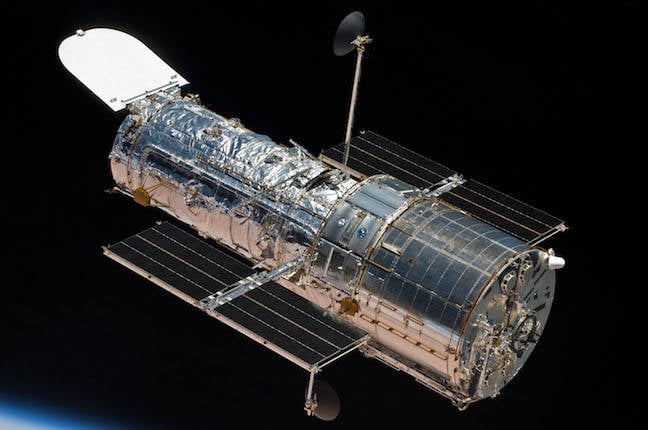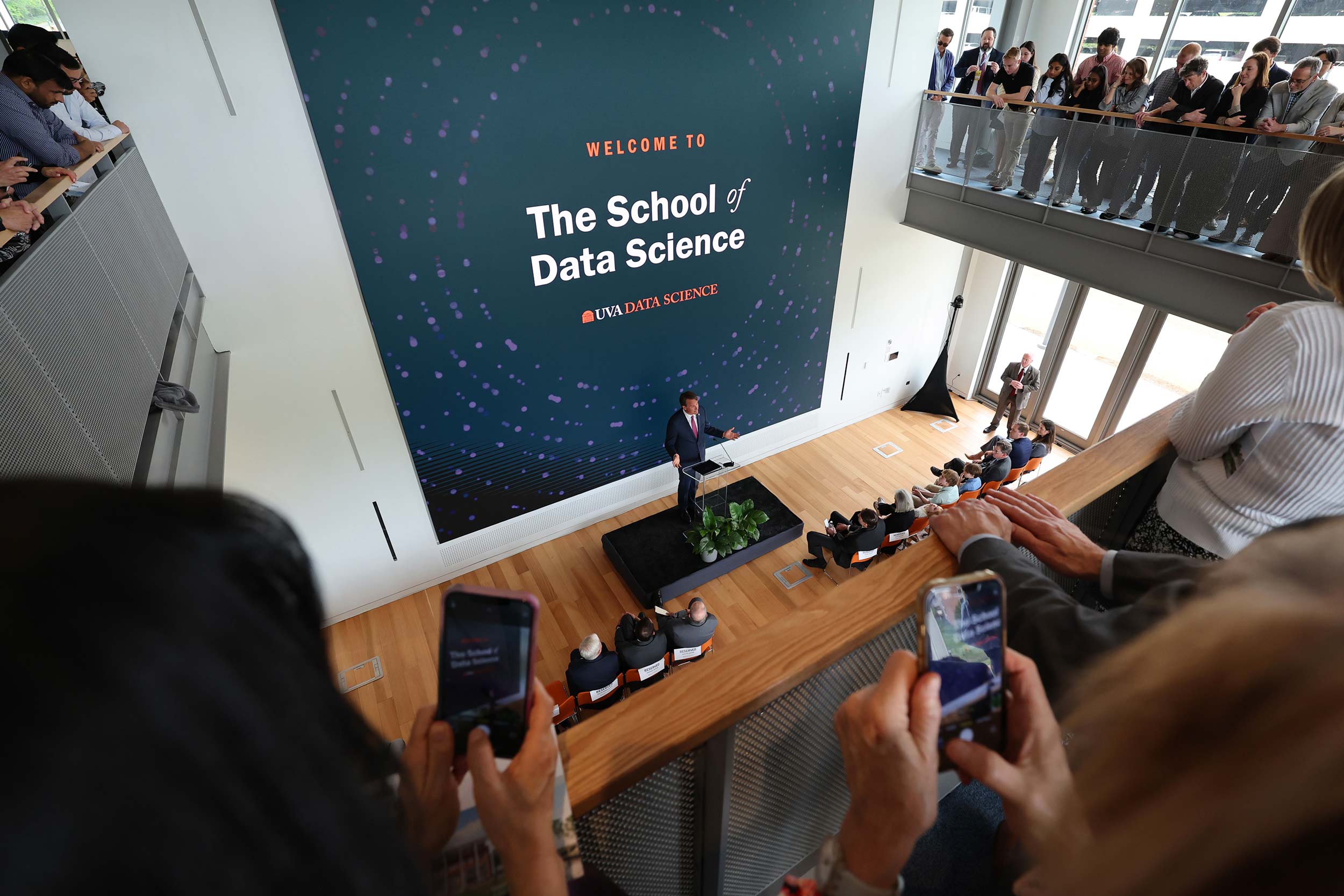
Nestlé is using data science and artificial intelligence to develop climate-resilient coffee plants in a landscape facing environmental challenges. Due to climate change, the growth of weather-resistant coffee plants is limited, and Nestlé’s plant scientists are using data science to identify factors that will produce healthy crops. By leveraging AI, the company is scanning a digital database of coffee traits to cultivate more sustainable coffee and plant disease- and drought-resistant beans.
The focus is on Arabica coffee, which accounts for 70% of global coffee production. However, Arabica is more susceptible to disease and has lower heat tolerance, making it challenging to grow in the face of water shortages and limited arable land. Nestlé is working with the French National Institute for Sustainable Development and global consortium partners to address this issue. Through state-of-the-art genomics approaches, Nestlé has developed an advanced Arabica reference to help identify key genetic markers responsible for specific traits in coffee plants.
This initiative is part of Nestlé’s Nescafé Plan 2030, aimed at regenerative agriculture. The company’s coffee segment is experiencing growth, with coffee sales growing at a high single-digit rate within powdered and liquid beverages. Nestlé’s coffee brands include Nescafe, Nespresso, Dolce Gusto, Starbucks Coffee at Home, and Blue Bottle Coffee. By leveraging data science and artificial intelligence, Nestlé is paving the way for more sustainable and resilient coffee cultivation practices.
Nestlé’s commitment to sustainable agriculture goes beyond just developing climate-resilient plants. The company also aims to reduce its carbon footprint by improving agricultural practices such as reducing fertilizer use, increasing crop yields while minimizing waste production. Additionally, Nestlé plans to work with farmers in developing localized solutions that address specific challenges faced by farmers in their communities.
In conclusion, Nestlé’s use of data science and artificial intelligence in developing climate-resilient plants shows the company’s commitment towards sustainability in the agricultural sector. By focusing on Arabica coffee and other crops susceptible to environmental challenges





